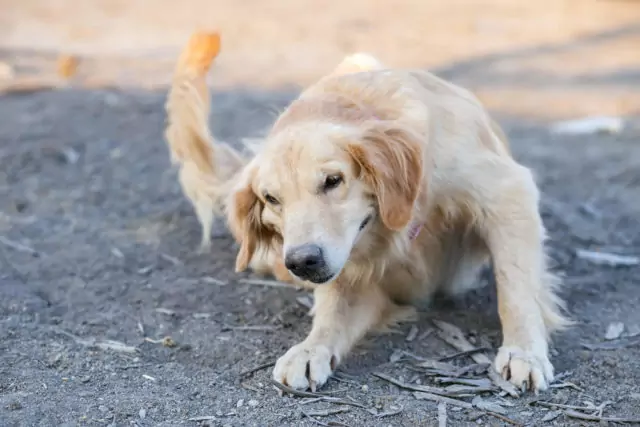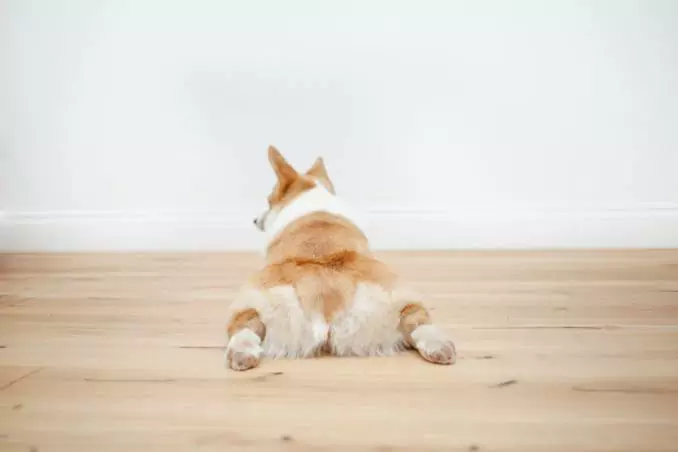Why do dogs chew paws? Why do dogs always chew their paws? What are the ways to relieve it?
2022-07-08
I. What causes dogs to chew their paws all day long?
Licking and chewing on toes and paws is a common behavior in dogs. While licking and biting are considered normal behaviors to some extent, if there is redness and swelling of the paws or if the saliva appears colored over time, the dog may have an underlying medical problem.
There are many reasons why dogs are enough to bite their paws, such as dry skin, wounds, something growing on the paws, the presence of irritants like burrs or ticks, anxiety, and allergic skin conditions.
Regardless of the cause, a dog that is always chewing its paws can potentially cause pain, lameness, secondary yeast infections, or bacterial infections. While only professionals can treat serious problems such as licking granulomas, paw tumors, skin infections, and chronic allergies, there are steps you can take at home to reduce paw-licking behavior caused by dry skin or contact dermatitis.
Clean the feet. Every time your dog walks outside, he is exposed to potential allergens and irritants, such as pollen and lawn chemicals. Owners can try cleaning their dog's feet with cleaning wipes after each walk or play session in the yard.
Reduce allergen exposure. In addition to outdoor allergens that can be spread in our clothing and shoes, some indoor substances can also worsen your dog's skin. Dust mites, dander, detergents, and cigarette smoke are just a few of the many potential household irritants. While there is no way to eliminate certain substances, keeping your home as spotless as possible and washing your dog's bedding frequently can also greatly reduce the probability of paw infections.
Maintain proper indoor temperature and humidity. Hot, humid weather is especially hard for dogs with dermatitis, and an extreme lack of humidity in the winter can cause serious damage to dogs with dry skin. So try to keep your home cool in the summer months and use a humidifier in the dry winter months to reduce skin irritation.
Choose a healthy diet. The healthier your dog's diet, the better their immune system will be able to fight off allergens and external irritants. If a dog fart is allergic to food, be sure to double-check the instructions on the food package to make sure the food is free of allergens. Owners can check with their veterinarian to see if grain-free foods are appropriate for their dog.
Omega fatty acid supplementation. Derived from fish oils and plants, -3, -6 and -9 fatty acids are very beneficial to your dog's skin as they help to maintain their natural oils at healthy levels and act as an anti-inflammatory, thus reducing the strength of allergens.
As we always say, it is important to understand your dog's life before providing treatment for him. Only by fully understanding your dog's condition can you better provide help for your dog.
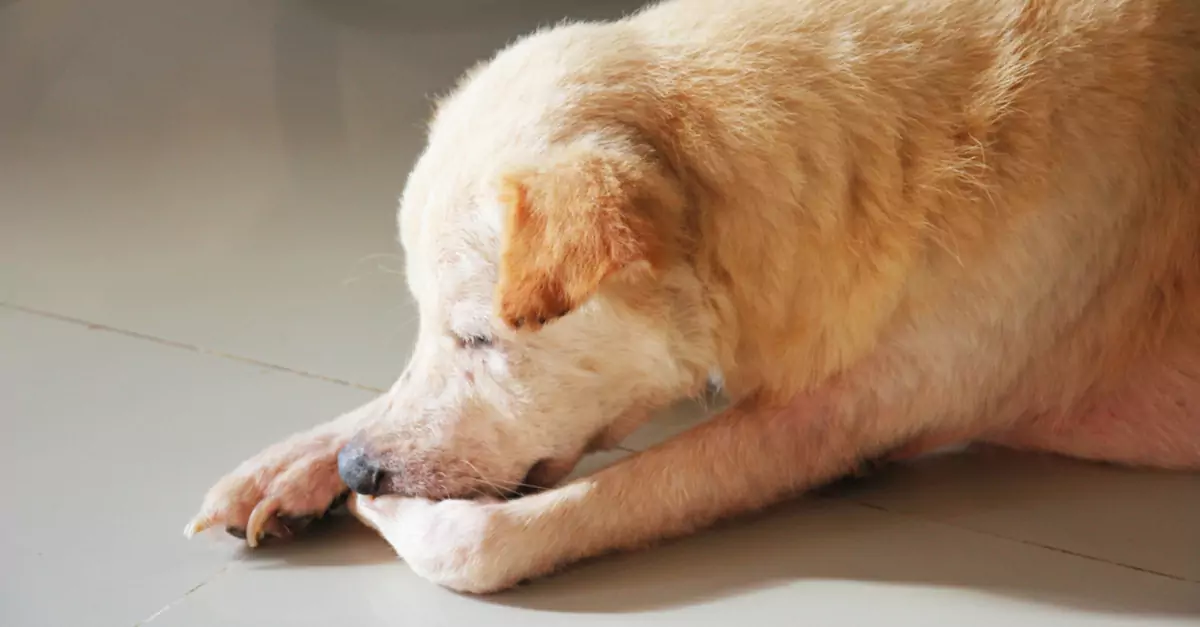
II. Why do dogs always chew their paws? What can be done to alleviate it?
Dogs chewing paws and licking their feet is mostly normal in their world, but if a dog keeps licking and the paws become red and swollen, and the saliva may be another color instead of clear, chances are the dog has a skin condition.
So how do we know which dog licks are normal and which are problematic?
The normal dog licking paws is usually licked and then put down, and will not keep licking, but there are some cases where the dog has been constantly licking and even chewing, in this case, there may be a problem.
Dogs chew paws generally have several reasons, there may be too dry skin, a wound, or growth, or there may be lice fleas and other irritants stimulated; when there are these conditions, will stimulate the dog to chew paws, chewing powerful, may cause it pain, limp or even bacterial infection.
And these unexpected factors that lead to dog chewing have something to do with the lack of omega-3 fatty acids in the dog's diet, these are often called essential fats for dogs. omega-3 fatty acids (from fish or krill, etc.) help keep the dog's natural oils at a healthy level and also act as anti-inflammatory agents to reduce the strength of allergens that are beneficial to the dog's skin. When a dog's skin is healthy, there is less chance of dryness, sensitivity, and infection.
Many dog owners believe that the dog food they give their dogs contains enough omega-3 fatty acids. But the truth is that even high-end brands of dog food have small amounts of fish oil in their formulas, and the process of cooking the dog food destroys the fish oil content because of the high-temperature process steps required. Even if these fatty acids are retained, when the dog food is exposed to air, it will be oxidized and spoiled.
Because of this, some specialized omega-3 supplements have become a much-needed nutrient for dogs. In foreign countries, 29% of dog owners give their fur children omega-3 supplements.
Some owners think that since omega-3 is good for the skin, won't it prevent their dogs from licking and chewing because of itching problems? Most dogs respond quite well to omega-3 and their coats improve significantly. In addition to getting your dog's omega-3 supplement for a healthier coat, there are some small ways to reduce your dog's exposure to allergens that can cause paw licking and bite.
1. Clean your dog's paws.
Every time your dog walks outside to play, he or she is more or less exposed to potential allergens and irritants, such as pollen and chemicals in the lawn. If your dog likes to chew on paws, remember to scrub your dog's call with a clean rag after each walk or romp in the yard.
2. Reduce your dog's exposure to allergens.
In addition to the presence of outdoor allergens that may be transmitted through our clothes and shoes, some indoor substances may also worsen the dog's skin. For example, dust mites, dog dander, and cleaning chemicals including cigarette smoke are some of the irritants hiding in the home. Although we have no way to completely remove these substances, we can keep the amount of dust and dirt to a minimum, and frequent cleaning and cleaning of your dog's bedding is a good way to prevent them from being exposed to these allergens.
3. Keep the temperature climate at home in a comfortable state.
If it's hot and humid, it's especially hard for dogs with skin conditions; and if it's too dry in the winter, it's also very bad for your dog's skin. If you have a dog at home, then try to keep the summer can be cool and clean, not too hot and humid state; winter can put a humidifier in the house so that the air is not too dry. This way the dog's skin condition at home will be healthier.
4. Choose a healthy, minimal allergen diet.
The healthier the dog's diet, the stronger its immune system will be, and the more it can resist allergens and external irritants. If your dog is prone to food allergies, look at those formulas when buying dog food to make sure the food is allergen-free. Or you can also consult your dog's vet for some better dietary advice.
Why do dogs always chew their paws? What can be done to alleviate it? In addition to fatty acids also pay attention to these four points
Your dog has often licked the skin of the feet to chew paws? Careful owner, see if it is a skin condition oh.
Was this article helpful to you?
Other links in this article
Comments
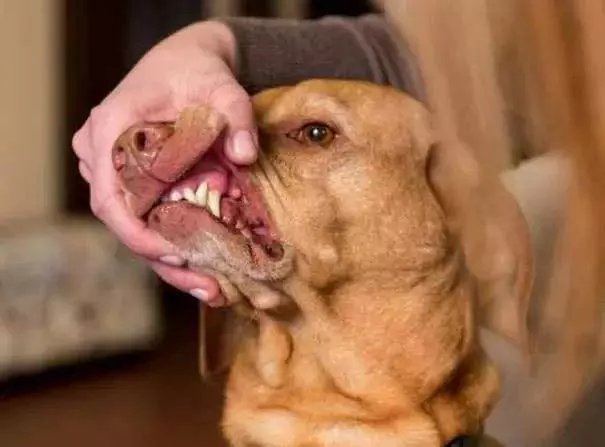
Is a dog's mouth cleaner than a human's? Dogs' mouths need regular cleaning
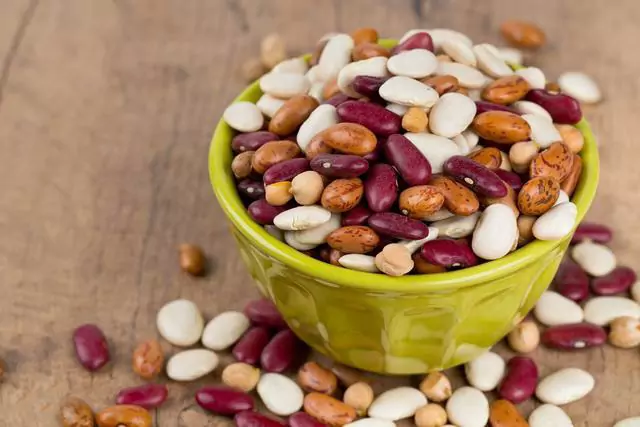
Can dogs eat beans? Do dogs eat beans for health?
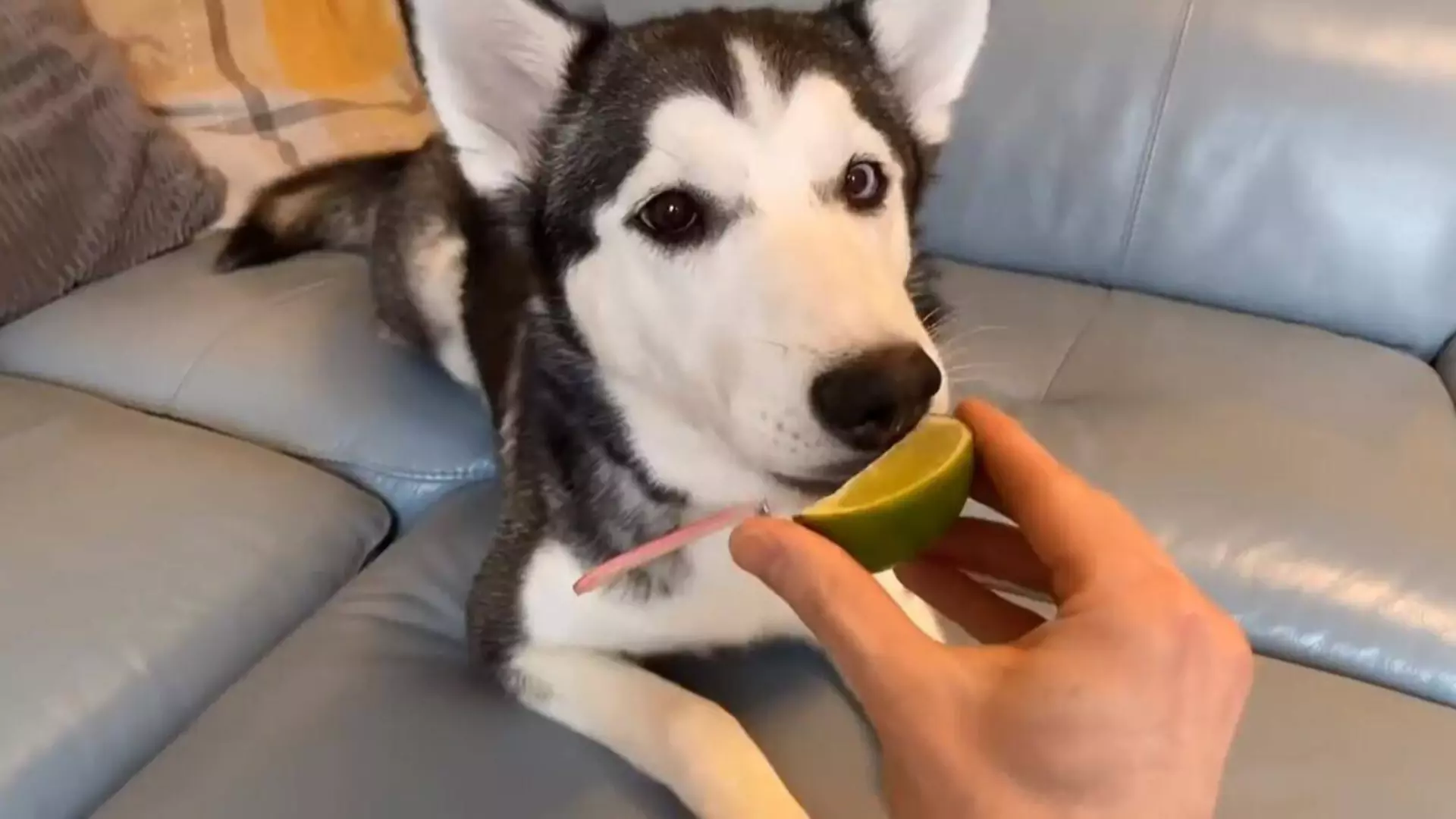
Can dogs eat lemons? Fruits that dogs should not eat more of

Do dogs have nightmares? Are dogs' dreams similar to humans'?
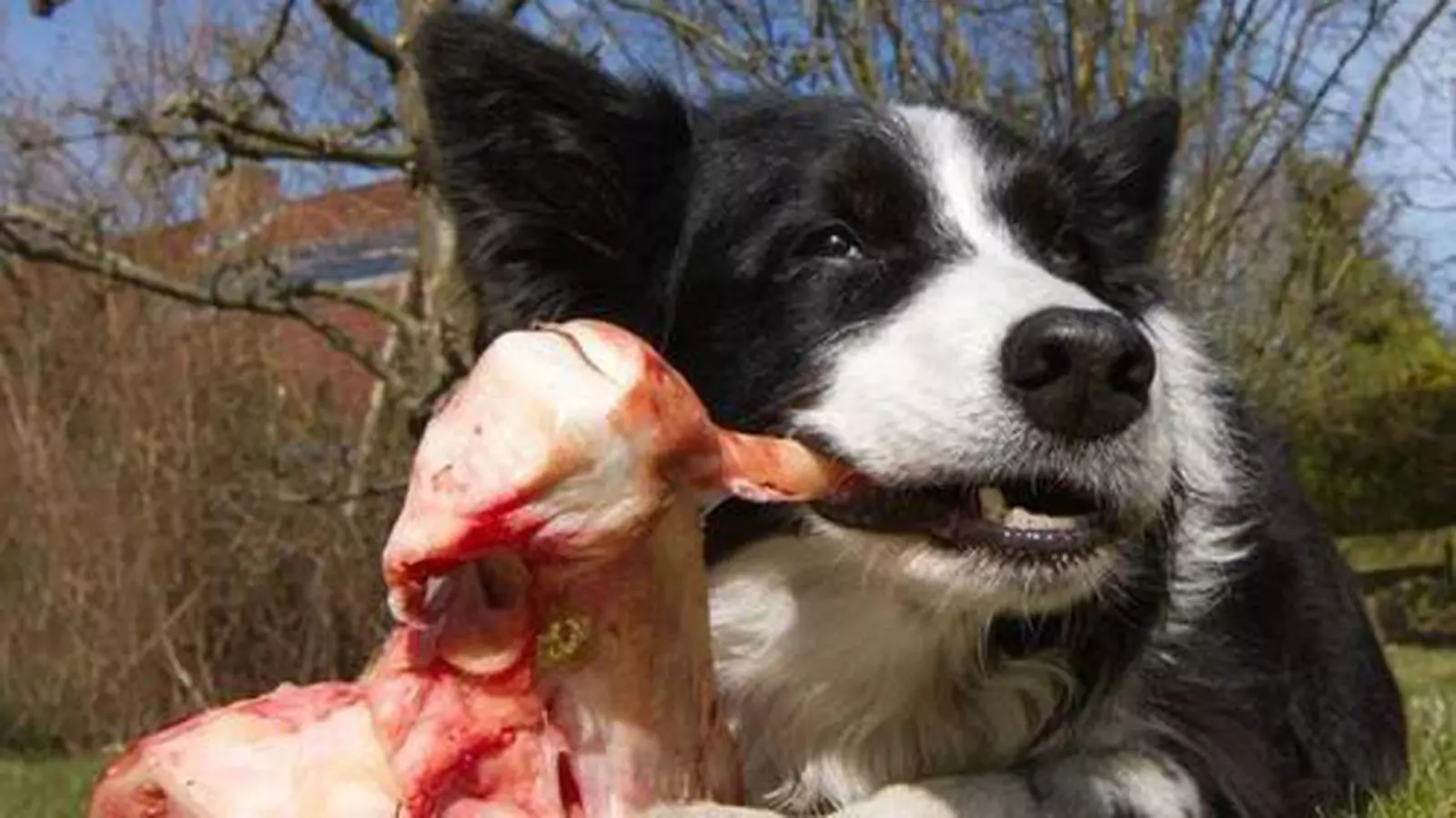
Can dogs eat raw beef? The benefits and drawbacks of beef for dogs
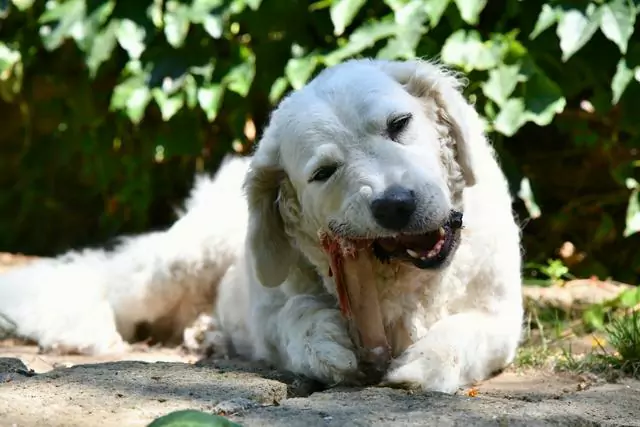
Is raw meat good for dogs? Can dogs eat raw chicken?

Can dogs eat pomegranates?

Can dogs eat ham?Can all types of ham hocks be eaten?
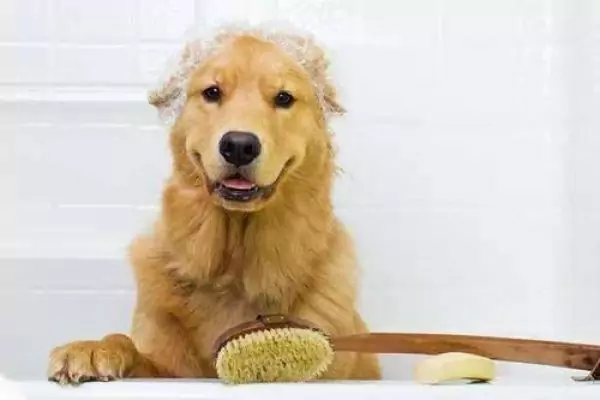
How to give a dog a bath

Can dogs eat kimchi?







